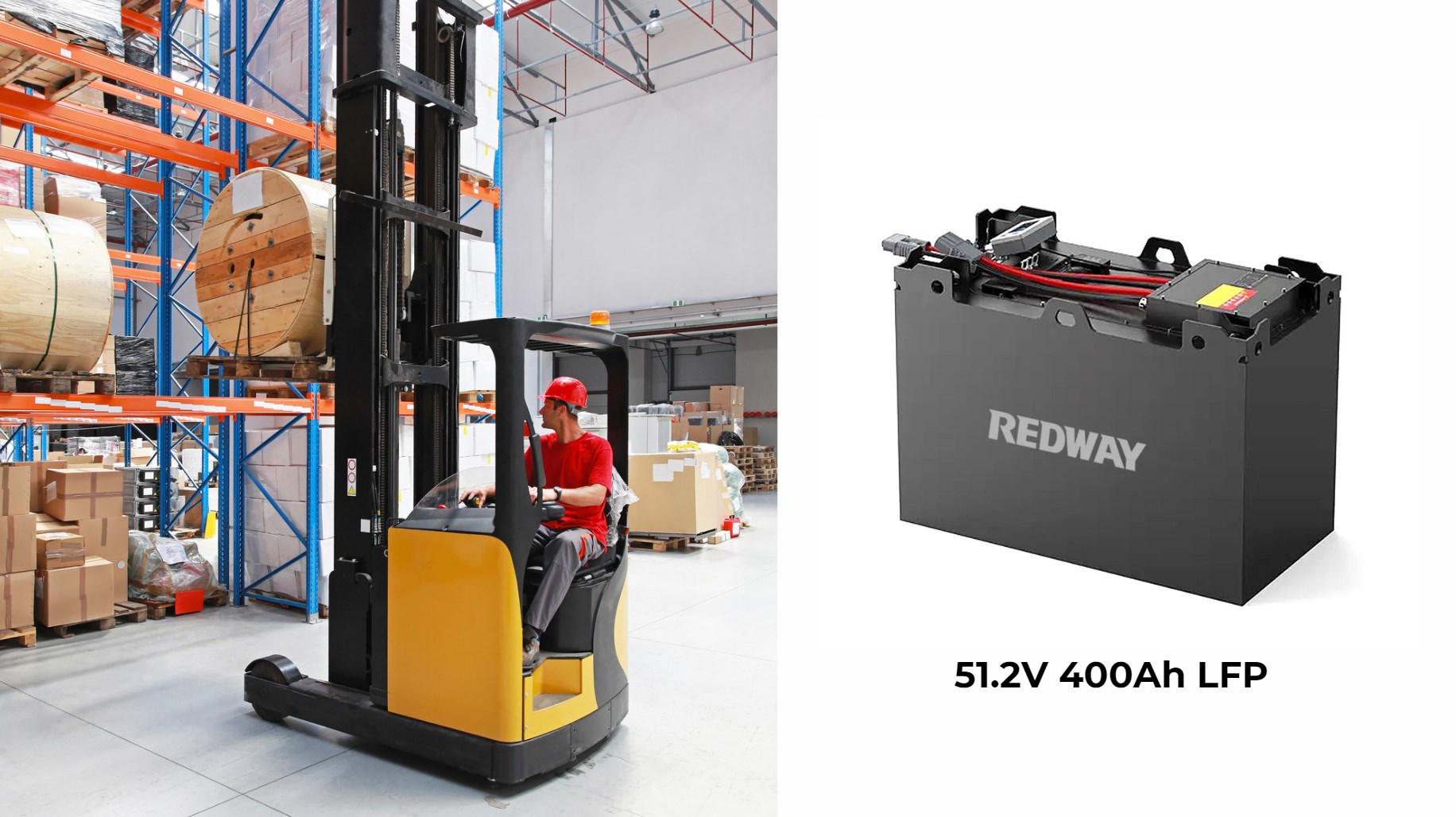LiFePO4 forklift batteries typically last between 8 to 12 years or provide over 2,000 to 5,000 charge cycles, significantly surpassing traditional lead-acid batteries whose life spans usually range from 3 to 5 years. Their longevity is influenced by factors such as operating temperature, depth of discharge, maintenance quality, and the built-in Battery Management System (BMS) that protects and optimizes battery performance.
How Many Charge Cycles Can LiFePO4 Forklift Batteries Deliver?
LiFePO4 batteries offer an impressive cycle life, generally delivering 2,000 to over 5,000 full charge-discharge cycles, with some models rated up to 8,000 cycles, significantly higher than the 1,000 to 1,500 cycles typical of lead-acid batteries.
Why Is Depth of Discharge Important for Battery Lifespan?
Maintaining a battery’s state of charge between 20% and 80% rather than fully discharging greatly extends its lifespan. Partial charges reduce wear and preserve capacity, optimizing overall battery longevity.
Wholesale lithium golf cart batteries with 10-year life? Check here.
How Does Operating Temperature Affect Battery Life?
LiFePO4 batteries perform best in moderate temperatures; exposure to extreme heat (above 25°C or 77°F) accelerates degradation, shortening their functional lifespan.
What Role Does Maintenance Play in Extending Battery Performance?
Proper maintenance, including regular charging schedules and system inspections, helps preserve battery health. Although LiFePO4 batteries require less upkeep than lead-acid types, routine checks remain vital.
Want OEM lithium forklift batteries at wholesale prices? Check here.
How Does a Battery Management System (BMS) Contribute to Longevity?
An integrated BMS monitors battery cells, prevents overcharging and excessive discharge, balances cells, and manages temperature, significantly enhancing safety and extending operational life.
What Are the Signs That a LiFePO4 Forklift Battery Is Deteriorating?
Signs include reduced run time after full charges, frequent need for recharge, inability to hold charge, visible physical damage like swelling or leakage, and BMS warnings indicating cell degradation.
Why Do LiFePO4 Batteries Outperform Lead-Acid Batteries?
LiFePO4 batteries last longer, need no watering, support flexible charging strategies, and are more stable and safer, with little risks of overheating, making them a superior choice for forklift applications.
LiFePO4 vs. Lead-Acid Forklift Batteries: Lifespan Comparison
| Battery Type | Typical Lifespan | Charge Cycles | Maintenance Needs |
|---|---|---|---|
| LiFePO4 | 8–12 years | 2000–5000+ cycles | Low; mainly system checks |
| Lead-Acid | 3–5 years | 1000–1500 cycles | High; watering & cleaning |
Redway Battery Expert Views
“LiFePO4 batteries are redefining forklift battery standards by delivering unparalleled longevity and safety. With integrated BMS and resilient chemistry, Redway Battery’s LiFePO4 packs minimize downtime and maintenance costs, offering leaders in material handling a sustainable, efficient energy solution tailored for the future.” – Expert, Redway Battery
Conclusion
LiFePO4 forklift batteries offer superior durability and lifespan of up to 12 years and thousands of cycles, outperforming traditional lead-acid batteries by a wide margin. Their stable chemistry, low maintenance, efficient charging, and advanced management systems contribute to their long-term reliability. Monitoring operational factors like temperature, depth of discharge, and maintenance will maximize their service life, making them the optimal solution for modern forklifts.
FAQs
How many charge cycles can LiFePO4 batteries typically handle?
Between 2,000 and over 5,000 cycles, some up to 8,000.
Why is it important to avoid fully discharging lithium batteries?
Partial discharge between 20%-80% extends battery life and capacity.
Do LiFePO4 batteries require maintenance?
They require minimal maintenance compared to lead-acid but should be regularly checked.
What is the purpose of the Battery Management System?
To balance cells, prevent overcharge/discharge, and ensure safe operation.
How do LiFePO4 batteries compare to lead-acid in lifespan?
They last approximately 2-3 times longer than lead-acid batteries.






